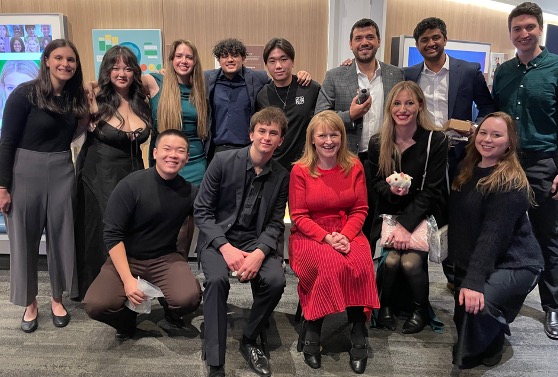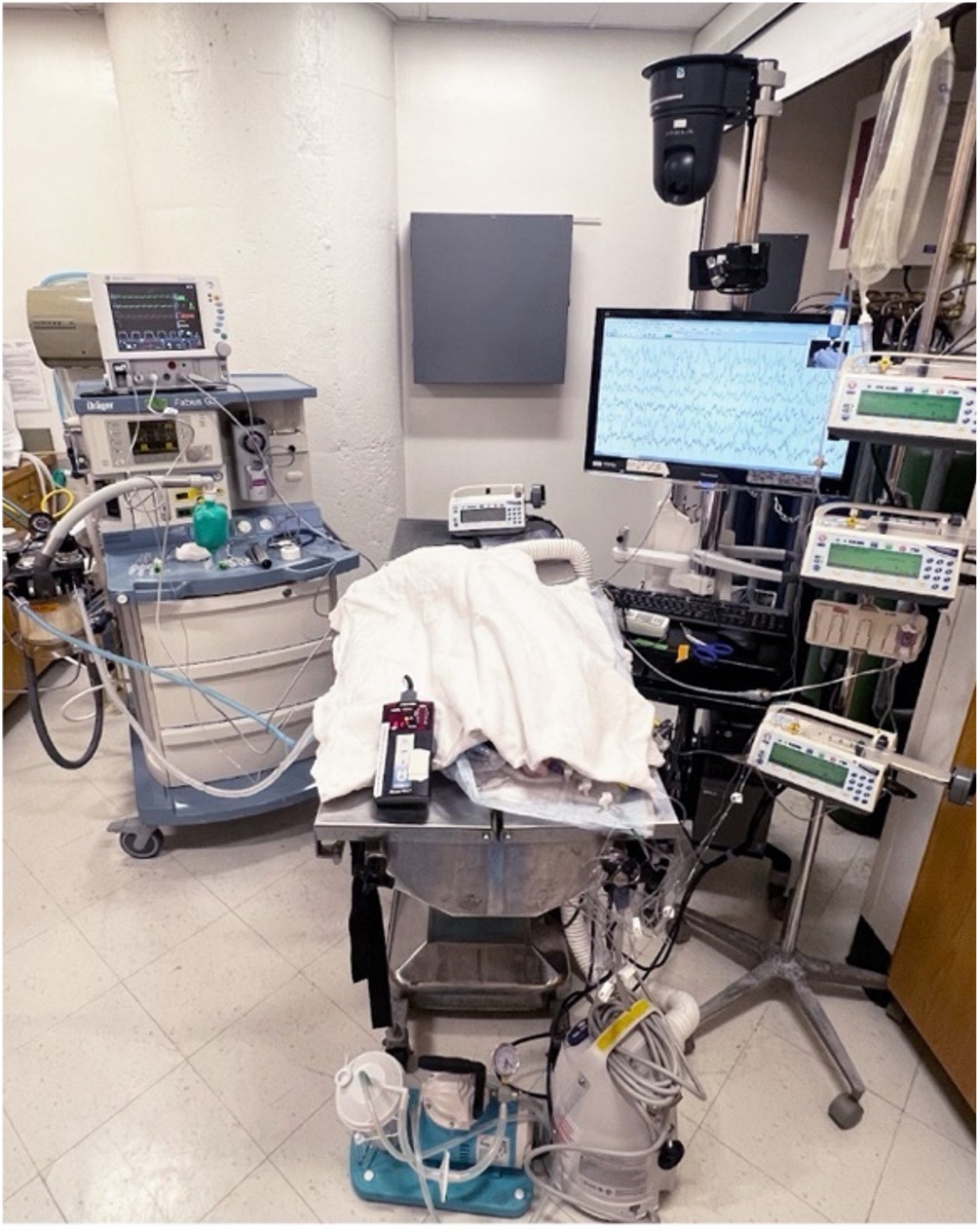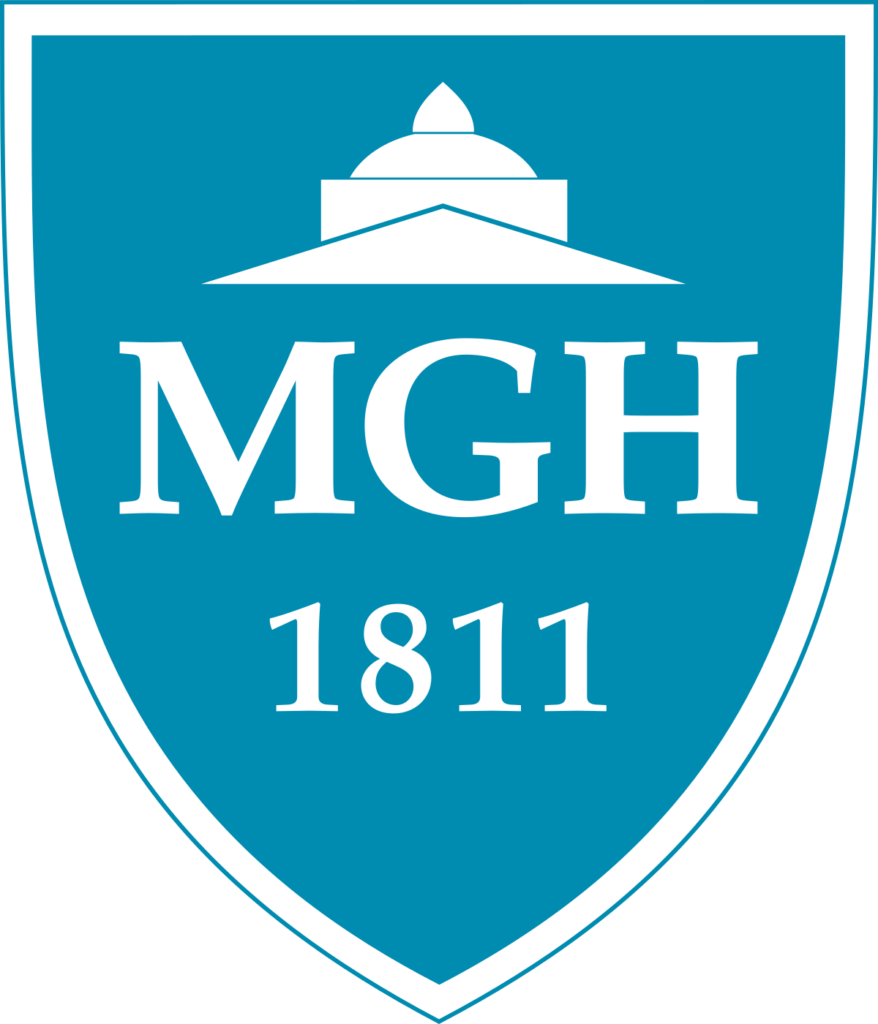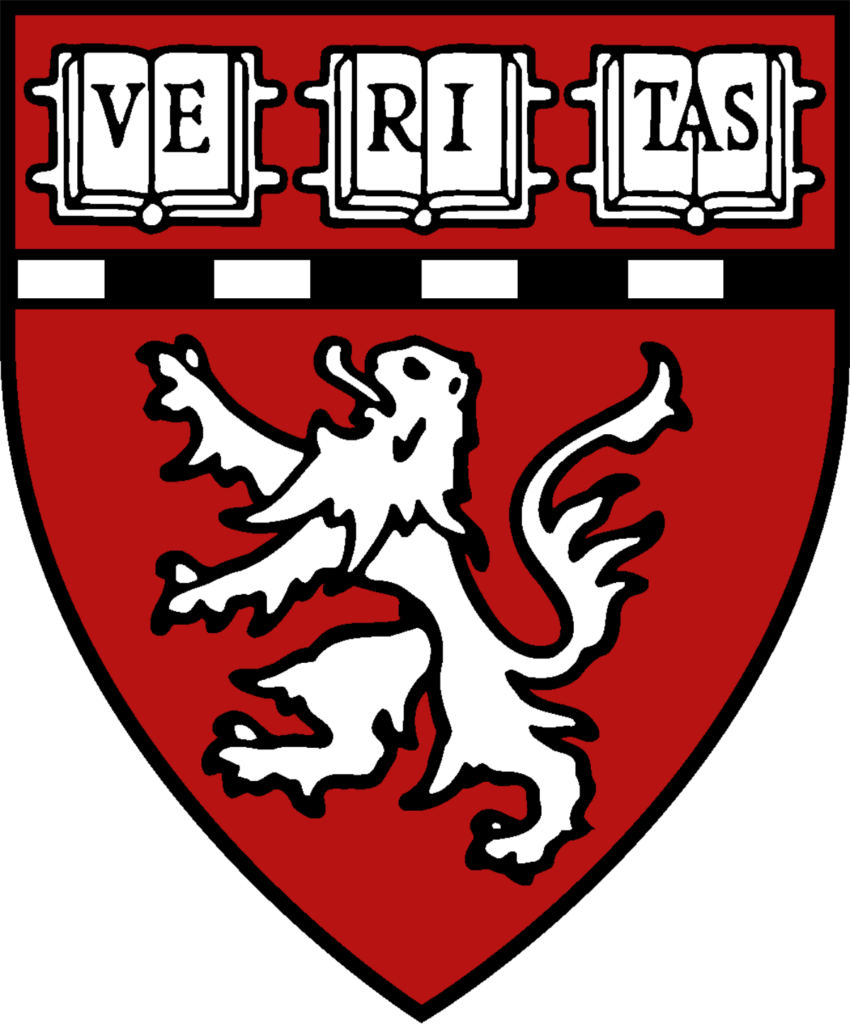PhD Students
Graduate students can apply through Harvard Medical School Programs in Biological and Biomedical Sciences or Neuroscience (PIN).
Internships, Fellowships

Undergraduate Internships
Interns working in the lab gain practical skills relevant to neuroscience and medicine. This includes experimental techniques, data collection, hands-on clinical experience, and professionalism, as well as learning the science behind what we do. Interns work closely other lab members requiring good communication. Often, students working with us longer than a year will gain a leadership position and intellectually contribute to abstracts or publications.
We cannot offer housing. We do not offer stipends, but encourage students to apply through their program for stipends. Scholarships are available (see below).
We do not typically offer summer only internships. However, we do participate as possible with the Summer Research Trainee Program (SRTP) in the MGH Center for Diversity and Inclusion, which does provide housing and a stipend for an 8 week program in the summer.
Expectations
- at least a one-year commitment
- working an average of 10 hours per week during the semester- 160 hours total
- an average of 20 hours per week during the summer- 200 hours total
- work will be both onsite and remote and includes weekly meetings based on the projects assigned
- work some evening and/or overnight shifts in our ICU and perform some weekend post-surgical checks
- be compliant with both institutional and lab protocols
- keep a log of their hours and work
- check in and respond to communications via Microsoft Teams and email every 24 hrs during active internship
Post baccalaureate Students, Masters Students, Medical Students, Residents, and Fellows
In addition to the what is taught in undergraduate internships (left column), post-graduates often learn statistical analysis of data, design of experiments, and scientific writing. Medical students, residents, and fellows often appreciate the hands on skills in surgery, anesthesia, and critical care, which is very complimentary to their clinical program. We host neurosurgery residents, critical care fellows, and pathology residents/fellows.
Medical students are highly encouraged to start their first year of medical school where they can spend more time physically in the lab. It is unlikely that medical students starting their second year or beyond can have their own project. However, we are happy to have them be a part of our team. Residents and fellows should provide a vacation/travel schedule prior to joining the lab. The size of the project will scale to the time spent in the lab.
Expectations
- post-graduates typically commit to 30-40 hours per week for 9-12 months or work at a slower pace (20 hrs per week) for at least one year. Often, their program has additional, specific requirements.
- residents or fellows often have a research year that is full-time
- work is both onsite and remote and includes weekly meetings based on the projects assigned
- work some evening and/or overnight shifts in our ICU and perform some weekend post-surgical checks
- be compliant with both institutional and lab protocols
- check in and respond to communications via Microsoft Teams and email every 24 hrs during active internship

MGH Brain Trauma Lab Scholarship
We are very proud of our internship program over the past 16 years and believe it has been key to the scientific and medical careers of many students.
Beth’s ancestors emigrated from England and Ireland. The John and Elizabeth Howland family obtained large tracks of land that was taken from indigenous peoples along the coast of Massachusetts through New Hampshire and Maine. These descendants farmed large areas of land in Coos County New Hampshire for generations and still today. None was inherited by her paternal grandmother as all land was transferred to male children only. Beth’s mother was a first generation college graduate paying her own way. Beth is the beneficiary of generational wealth. Her parents built a family business, and by the time Beth was ready for college, they were able to pay for her college and living expenses allowing her to volunteer in a lab as a college student, which was transformative in her decision to pursue a career in science. Not everyone is in the situation where they can participate in an unpaid internship. In order to make this internship available to students of diverse socioeconomic status, we have made a scholarship available.

Applications are due May 1st (send to Krystal at kqiao@mgh.harvard.edu).
The scholarship is announced by July 1st with a start date in September but is flexible.
Applications should include:
- your resume
- a one-page essay on why you want to work in this lab including a description of our publications
- one paragraph explaining your financial need or anything else that makes your situation unique
- The student receiving the scholarship will be hired and paid per hour.
- This opportunity is available to both students who have not previously worked in the lab and students who currently work in the lab who have had a change in financial status not allowing them to stay in the lab without payment.
- Preference is given to student of under represented populations in medicine/ STEM.
- Requires a 1 year commitment in the lab.
- Retention of the scholarship requires adherence to internship expectations (stated above).

The MGH Brain Trauma Lab
MGH Neurosciences
Department of Neurosurgery, Massachusetts General Hospital
Department of Neurosurgery, Harvard Medical School

